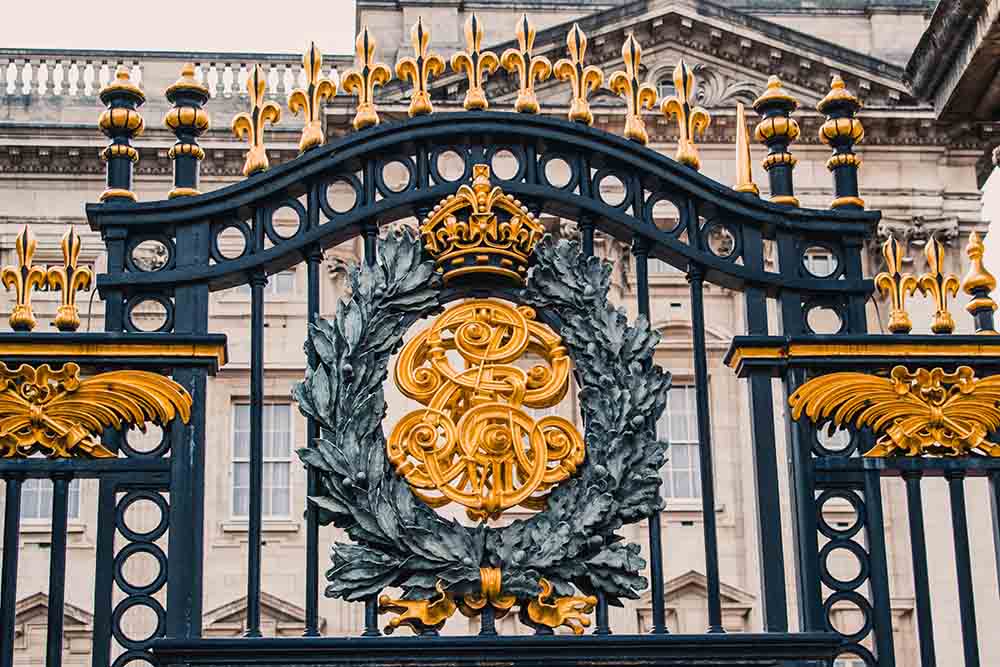The news that Her Majesty the Queen was advised by doctors to rest for two weeks and cancel her plans to attend the COP26 climate conference in Glasgow Oct. 31 to Nov. 12 is a stark reminder that our head of state is 95 years old. She is one of the hardest working monarchs we have ever known, an admirable defender of British and Canadian interests, and a human connection not just to the divine but to our past.
And for at least the last 20 years, the Queen has existed as an almost ageless figure. Few remember life before her reign, and few can imagine what life might be like without her. Now that the Queen is reaching her Platinum Jubilee and 70 years on the throne, however, it’s clear that we will soon know what life is like without her, and how King Charles envisions his role as monarch as we reach the mid-21st century.
As a rule, our monarch avoids politics. From time to time, a rumour surfaces that the Queen may have made some remark about some political issue behind the scenes somewhere. However, the Queen has been remarkably neutral on major political matters, stepping in only when the United Kingdom and the Commonwealth need her steady head, support and words of comfort.
Charles, however, is known for being slightly more relaxed about discussing political matters. From the famous Black Spider Memos—a series of letters and memorandums written by the Prince to British government ministers over a period of years—to his campaigning for the environment, Prince Charles is one of the most vocal and political members of the Royal Family—excluding pseudo-Royal Meghan Markle.
He’s a campaigner for traditional architecture, for sustainable farming and for protecting the planet. Those are laudable goals, and his commitment to protecting the environment, Britain’s traditional architecture and beauty and ensuring a future for our children and grandchildren could ultimately form a royal campaign around which people of all political persuasions can unite.
But he must dial back the Greta Thunberg-esque fear-mongering. 
Prince Charles’ appearance at various climate gatherings in recent years alongside extremist campaigner Greta Thunberg has transformed Charles’ desire to protect the world’s beauty into an overtly progressive, left-wing political campaign, which just isn’t acceptable for a British royal.
Many want the Royal Family to last long into the future. It is an important check against the madness that the democratic system sometimes produces.
How can we ignore the fact that the overwhelming majority of the British and Canadian public don’t subscribe to some of the most radically progressive ideas that both of our governments advocate? Whether it’s the much-too-rapid shift from fossil fuels to renewable energy that just isn’t ready yet, or the commitment to meaningless buzzwords and inclusion programs, the public generally doesn’t support radical progressive ideas despite repeatedly electing politicians who do.
Our monarchy gives us a tangible link to our past. It gives us a head of state concerned only with being the best possible representative for our nations without getting tied up in puerile political bickering. A future King Charles, however, risks unscientific ideas about climate change and the promotion of policies that would endanger the quality of life we have come to expect in the 21st century infecting Buckingham Palace, too.
At the COP26, Prince Charles said we are in the “last chance saloon” to save the planet.
“And as the enormity of the climate challenge dominates people’s conversations, from newsrooms to living rooms, and as the future of humanity and nature herself are at stake, it is surely time to set aside our differences and grasp this unique opportunity to launch a substantial green recovery by putting the global economy on a confident, sustainable trajectory and, thus, save our planet,” he said.
A call for unity is precisely what we would expect from a future monarch, but Charles does not appear to be calling for a moderate, sensible and gradual transition from fossil fuels to renewable energy. He does not appear to be willing to wait for renewable technology to be ready to maintain our economic system and support the standard of living we expect today, and would rather we plow ahead with a much more radical idea.
Comments made a month earlier in a pre-recorded keynote address for Climate Week NYC prove that’s precisely not what he’s doing.
Charles said that climate change can only be defeated with a “military-style campaign” that would “dwarf the impact of the coronavirus pandemic” to solve climate change.
This is disastrous. Neither the British nor the Canadian people are willing to stand by and watch as our economies are turned upside down, taxes hiked on essential goods and services and the poorest among us punished the most for depending on fossil fuels.
Let’s hope that Charles is as loyal, dutiful and admirable as the Queen in his eventual reign. However, if the future king’s commitment to the environment strays from unifying ideas about cutting pollution to advocating radical ideas like “climate justice”—a meaningless yet powerful phrase thrown around at COP26 and beyond—then Charles could risk the future of the Royal Family as an institution.
And that won’t be a good thing for our Commonwealth.
Jack Buckby is a research associate with the Frontier Centre for Public Policy.
Photo by Roméo from Pexels



